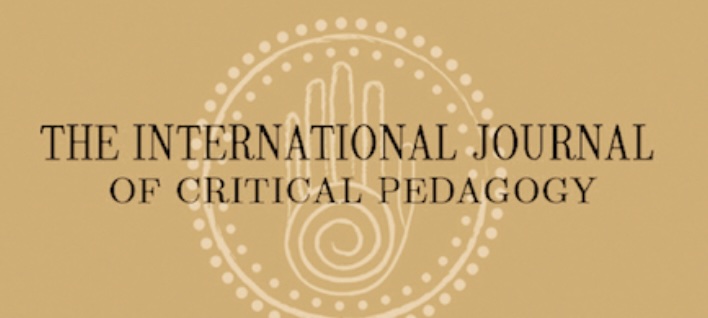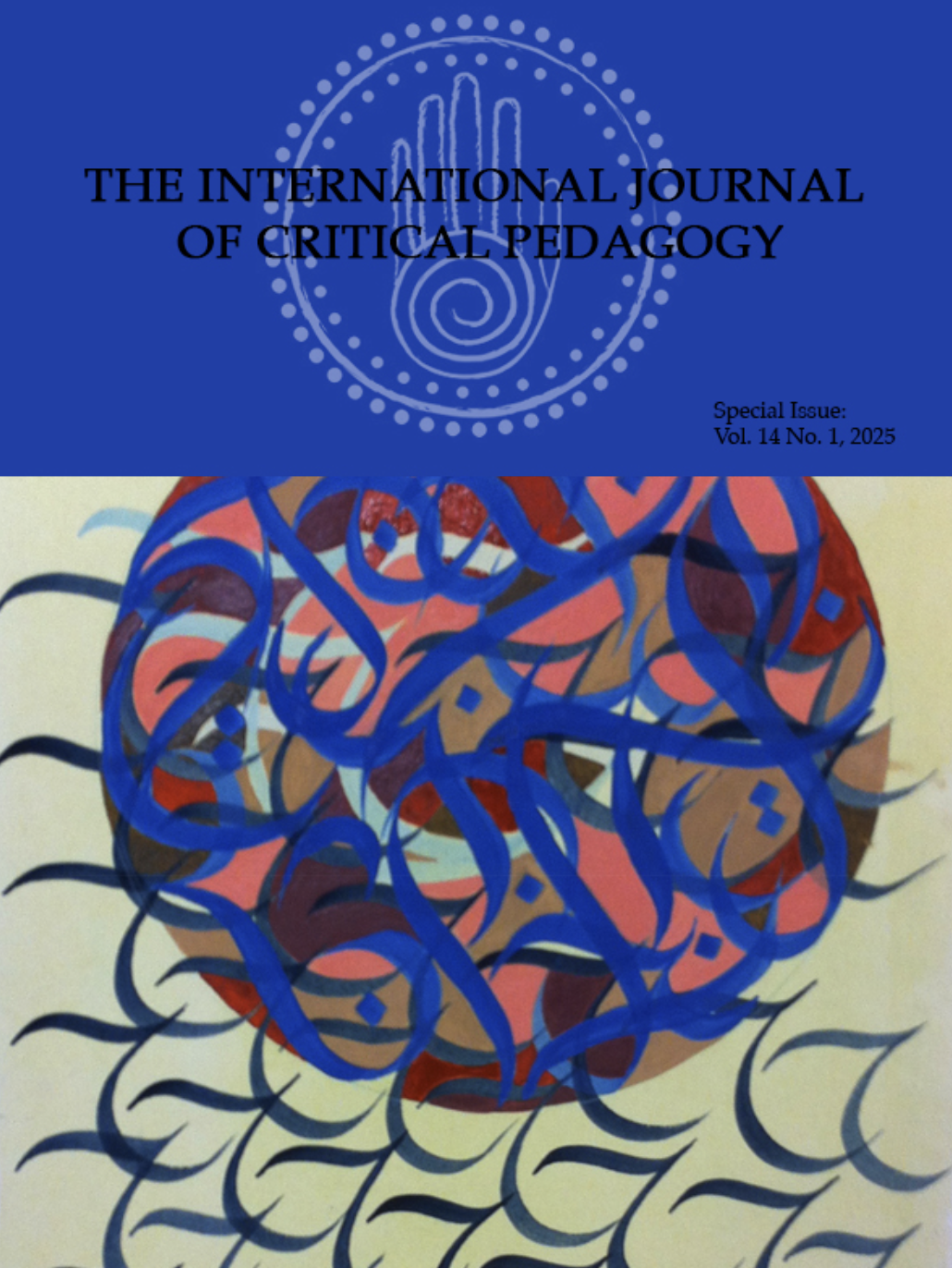Abstract
This study was an endeavor to investigate Iranian EFL teachers’ awareness of critical pedagogy and its principles. It also intended to look for their viewpoints about the practicality of implementing critical pedagogy in our classrooms. In addition, the study made attempts to seek the barriers that hinder the application of critical pedagogy in Iranian teaching contexts. In order to achieve the goals of this study, 20 Iranian EFL instructors teaching at university, high schools, and language institutes were interviewed. Since the study employs a mixed-method design, the researcher benefited from both a critical pedagogy questionnaire, developed by Maki (2011), and in-depth interviews. Approaches based on grounded theory were utilized in order to analyze the qualitative data; in addition, statistical procedures such as descriptive statistics and factor analysis were used to analyze the quantitative data. The results indicated that the majority of Iranian EFL instructors are aware of the principles of critical pedagogy and support the helpfulness of such pedagogy and its premises. The study revealed that in spite of language teachers’ awareness of critical pedagogy and their agreement with the positively effective CP principles, they rarely apply this methodology in their teaching. Further investigations revealed that the top-down educational system, class size, issues related to teachers’ burn-out, limited class time and teachers’ insufficient information about the learners’ background and learning styles are the main barriers which prevent Iranian language teachers from applying the principles of critical pedagogy in their teaching.
Keywords: critical pedagogy (CP), Iranian language teachers, EFL context
Keywords: critical pedagogy, EFL context
How to Cite:
Sahragard, R., Razmjoo, S. A. & Baharloo, A., (2014) “The practicality of critical pedagogy from Iranian EFL instructors' viewpoints: a cross sectional study”, International Journal of Critical Pedagogy 5(2).
Downloads:
Download PDF
View PDF

